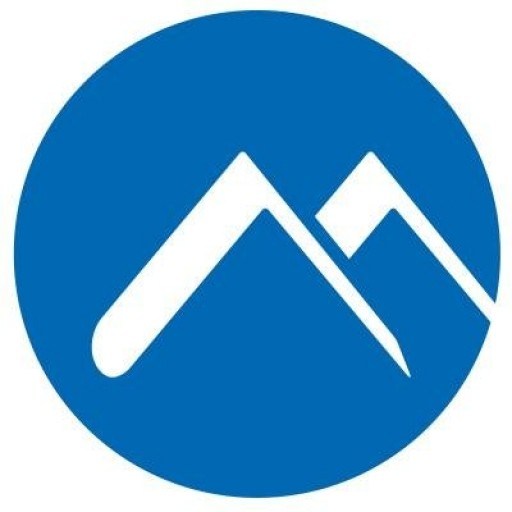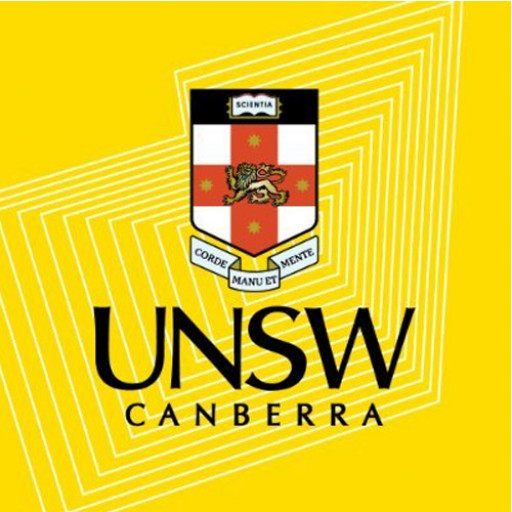Photos of university / #himolde
Molde University College - Specialized University in Logistics (HiMolde) started in August 2015 a new international MSc program in Petroleum Logistics, open for Norwegian and international applicants who have completed a recognized bachelor's degree (minimum 180 ECTS) within Logistics, Economics, Business Administration, Engineering (like Petroleum Engineering), Applied Geosciences, Informatics, Mathematics or other relevant fields. The MSc program in Petroleum Logistics is of 2 years duration (120 ECTS credits, 4 semesters), and consists of 90 credits course work, and a master's thesis of 30 credits. The language of instruction is English. 2016 will be the second year of admission to this MSc program.
Logistics deals with the organization of the flow of products, services and information from raw materials to end products. For a large number of industrial and business companies, achieving high quality logistics operations will be the key competitive factor for future success. Oil and gas companies are no exception from this.
The MSc program in Petroleum Logistics focuses on Logistics, but with a greater emphasis on courses related to the oil and gas industry. The program aims at giving a thorough analysis and understanding of problems, challenges and solutions associated with all parts of the supply chains dealing with the oil and gas industry, on-shore as well as off-shore: Exploration, purchasing, Production planning, Inventory management and downstream distribution planning. Along with knowledge of a broad range of logistics topics, the program gives an understanding of the energy situation in the world comparing existing renewable energy sources, as well as non-renewable sources both in terms of costs, qualities and availability.
Study plan MSc in Petroleum Logistics:
Semester 1:
Log730 Basics of Petroleum Logistics - 7.5 ECTS credits
LOG731 Network Logistics -7.5 ECTS credits
LOG716 Mathematical Modelling in Logistics - 7.5 ECTS credits
SØ?K710 Industrial Organization - 7.5 ECTS credits
Semester 2:
TRA816 Maritime Transportation - 7.5 ECTS credits
LOG820 Vehicle Routing - 7.5 ECTS credits
LOG740 Advanced Petroleum Logistics - 7.5 ECTS credits
IDA715 Discrete Event Simulation - 7.5 ECTS credits
Semester 3:
LOG904-PTA Research Methods in Logistics - 7.5 ECTS credits
LOG904-PTB Basic Problems in Petroleum Logistics - 7.5 ECTS credits
LOG904-PTC Offshore Oil and Gas Logistics - 7.5 ECTS credits
LOG904-101 Research Design - 7.5 ECTS credits
LOG904-100 Master's Thesis proposal - 5.0 ECTS credits
Semester 4:
LOG953 Master's Thesis - 30 ECTS credits
Graduates who have obtained very good grades from the MSc program in Petroleum Logistics can apply for admission to the 3 years PhD program in Logistics at HiMolde or other PhD programs in Norway or abroad.
The Bachelor's degree program in Petroleum Logistics at Molde University College is a comprehensive and specialized educational pathway designed to prepare students for the dynamic and challenging field of logistics within the petroleum industry. This program combines fundamental coursework in logistics, supply chain management, and petroleum technology with targeted studies in the transportation, storage, and distribution of petroleum products. Students will gain a thorough understanding of the operational, technical, and regulatory aspects of petroleum logistics, including safety protocols, environmental considerations, and international shipping regulations.
Throughout the program, students are introduced to key concepts such as inventory management, transportation planning, and risk assessment specific to oil and gas logistics. Practical skills are emphasized through case studies, simulations, and internships that provide real-world experience in coordinating complex supply chain activities, managing logistics networks, and optimizing resource allocation in a highly regulated industry. The curriculum also covers the latest digital tools and software used in logistics planning and execution, ensuring graduates are well-versed in technological advancements shaping the industry.
In addition to technical expertise, the program fosters competencies in communication, teamwork, and problem-solving, preparing students to work effectively with multidisciplinary teams, clients, and regulatory authorities. Graduates will be equipped to pursue careers in logistics management, procurement, supply chain analysis, or consultancy within the petroleum sector or related industries. The program's international perspective and focus on sustainability principles ensure that students develop a responsible approach to resource management and environmental stewardship.
The degree program is structured to provide a solid foundation over three years, culminating in a bachelor's degree. Students will have opportunities to participate in international exchange programs, industry visits, and collaborative projects with industry partners. Graduates of this program will be well-positioned to meet the demands of the global petroleum logistics industry, contributing to efficient, safe, and environmentally responsible petroleum transport and handling.
The Petroleum Logistics programme at Molde University College is a specialized higher education offering that focuses on the logistics, management, and operational aspects of the oil and gas industry, particularly in relation to the transportation, storage, and distribution of petroleum products. The programme aims to prepare students for a career in the dynamic and complex field of petroleum logistics, which is critical for ensuring the efficient and environmentally responsible movement of resources from extraction sites to end-users. The curriculum combines theoretical knowledge with practical skills, emphasizing areas such as supply chain management, maritime transportation, safety standards, environmental considerations, and technological solutions used in logistics planning and execution.
Students enrolled in this programme gain a comprehensive understanding of the global oil market and logistics networks, exploring issues related to international shipping regulations, port operations, and the interface between logistics and environmental management. The programme also addresses legal, economic, and technological challenges faced by logistics companies operating in the petroleum sector. Through case studies, project work, and possible internships with industry partners, students develop real-world insights and competencies necessary for effective decision-making and problem-solving in petroleum logistics operations.
Molde University College has a strong focus on the maritime and mechanical skills required by professionals in the field, integrating practical training with academic learning. Because the programme is designed to cater to students interested in pursuing careers within Norwegian and international petroleum logistics companies, it includes a variety of modules relevant to the Norwegian oil industry as well as the global context. Graduates of this programme are well-positioned for employment in logistics planning, port management, transportation companies, and regulatory agencies.
The university maintains close collaborations with industry stakeholders, ensuring that the curriculum remains relevant to current industry standards and future trends, such as digitalization, automation, and sustainable logistics solutions. The programme typically spans over two years for eligible students, culminating in a specialized degree that qualifies graduates for positions requiring a high level of technical, logistical, and managerial expertise in petroleum logistics. Overall, the Petroleum Logistics programme at Molde University College offers a unique educational pathway into a vital sector supporting Norway’s and the world’s energy industries, emphasizing professionalism, innovation, and sustainability.






